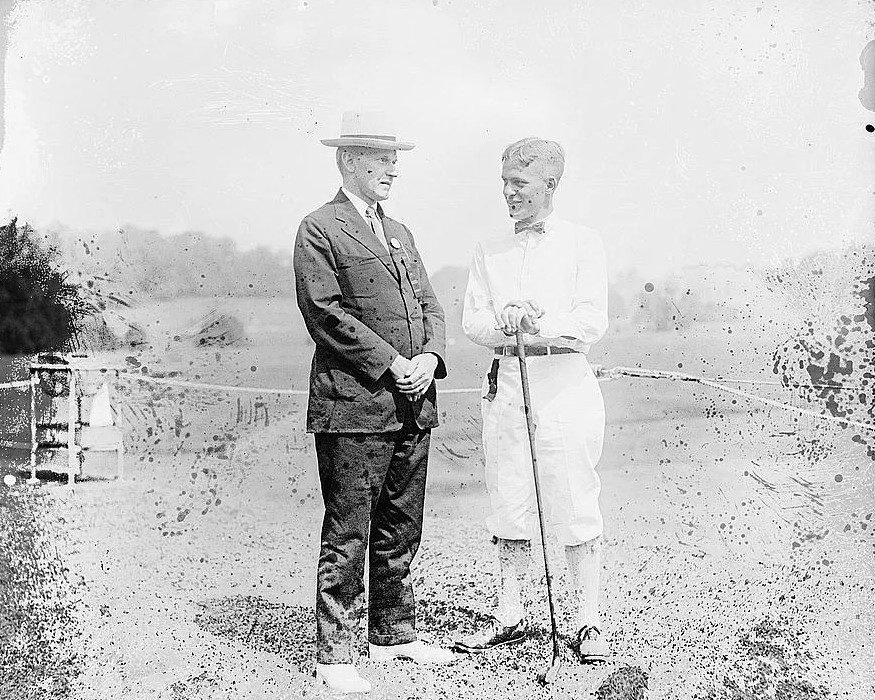Reader warning: I use the passive voice in 11 percent of this blog. See the standard discussed below.
The virtues of AI.
Like so many things in life, artificial intelligence (AI) can be good or bad for people, depending on their objectives and how they need help. Using AI to improve writing can be very productive, but remember, it is a tool. Do not let it control you. One of the downsides to AI editing is that the AI program tries to micromanage you. I offer two examples.
I encountered the first micromanaging problem recently when I finished writing a book. As I scoured the book to make corrections to get it ready for submission, the artificial intelligence tool made numerous suggestions. Most of the suggestions focused on typos and punctuation. These corrections were beneficial.
But there was one corrective message that irritated me. The editing program told me many times that I should not use the passive voice. It even scolded me when I had more than 10 percent of the sentences in passive voice. The 10 percent intrigued me. What happens if someone has 10.5 percent? Does that automatically mean that a writer with more than 10 percent is a failure?
For those who are not used to focusing on the passive voice, I provide the following definition:
Passive voice—noun a form or set of forms of a verb in which the subject undergoes the action of the verb. Powered by Oxford Languages
An example of the passive voice: “They were evaluated.” An example of the active voice: He evaluated them.” (The grammar correction software did not approve of this quoted material.)
The important passive voice.
I understand the need to use the active voice. Using the passive voice is not as forceful or clear; not as bold. The difficulty I encountered, however, when I was editing my book was that I received so many errors about using the passive voice that I kept trying to make everything into an active voice.
While AI writing tools only suggest that you write in the active voice, one begins to feel guilty if they do not follow the recommendation to delete the passive voice. While not equivalent to religious guilt, I found that every time I saw the correction for using the passive voice, guilt washed over me. It was like having my 11th-grade English teacher standing over my shoulder and scolding me. I must be fair: Mr. Trimble was an excellent teacher. (Yes, I know that AI is not a person and that it should not be able to make someone feel guilty.)
However, there are times when using the active voice is problematic. I offer the following concerns.
First, people often speak using the passive voice. So, trying to write only in the active voice can sound stilted and not flow like a person's everyday conversation.
Second, if one is writing a novel and can only use the active voice, the plot tends to become rigid and unnatural.
Third, as a former faculty member, I have a deep appreciation for the passive voice. For an academician, the passive voice can serve as the ultimate hedging language:
Hedging language refers to how a writer expresses certainty or uncertainty. Often, in academic writing, a writer may not be sure of the claims that are being made in their subject area, or perhaps the ideas are good, but the evidence is not very strong. It is common, therefore, to use the language of caution or uncertainty (known as hedging language). Hedging - University of Bristol (The AI grammar program was very upset with this quote, also.)
The practice of using the passive voice provides wiggle room for faculty members. If someone discovers that a research study is invalid, the passive voice allows the faculty member to deny what they said in an article or research report.
One other micromanaging correction bothered me as I edited my book. AI does not know what to do when individuals speak with an accent or use slang words. AI wants to rewrite every line—every word. In my novel, one of the characters is not well-educated and has trouble using proper English. The AI editing tool corrected almost every word the character said. In time, AI tools will be able to adjust to the rich slang and accents that make individuals unique.
It was not just the passive voice and slang that bothered me. Critiques about sentence length, paragraph size, and using the same word to start two sentences, even if done for effect, also were irritating. I did try running some of the works of great writers through the grammar program. Some did not fare well. Several were beyond the 10 percent passive voice rule.
Please understand that I am not criticizing artificial intelligence. I will seem outdated and too tied to the past if I do not fully embrace AI to rewrite my work. However, I believe that the correcting suggestions made by AI tools are not as productive as sitting in Mr. Trimble'sclass and learning how to write.
Recently, I logged in to an AI writing program. It let me select the number of pages for a paper, the topic, the number of words, the formatting style, and the tone (professional, personal, etc.) I picked a business topic area with which I am very familiar. Much to my chagrin, the online AI writing program created a coherent and well-written five-page paper on the topic I selected.
A caveat. The topic that I submitted is well-established and did not require the AI program to develop new concepts or premises. Still, I was impressed. I reviewed the paper using an AI editing tool. There were no errors. So, the point of this blog is that the best way to avoid the frustration caused by an AI editing tool is to let some AI program write your paper. I may try this with my next blog; the AI program will be my ghostwriter.
If you have not read the blog that describes the "However View," click here.
The picture is from Dreamstime.





